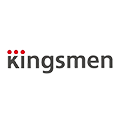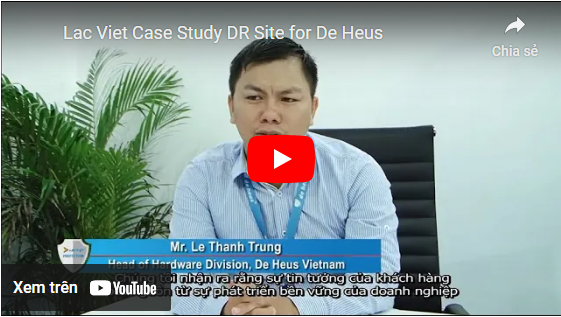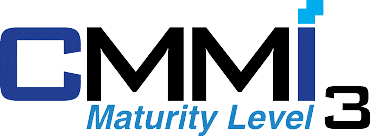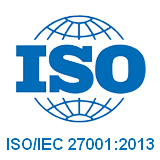Digital transformation for hospitals and the healthcare industry
Committed to accompanying digital transformation through prudent investment and effective strategy.
- Enhance operational efficiency, reduce costs
- Improve service quality, enhance customer experience
- Enhance access to healthcare services
- Promote innovation in the industry
The specific challenges of the Healthcare industry and output standards post-digital transformation
Difficulty/mission
- Manual processes, lacking automation.
- Errors in treatment due to a lack of information.
- Difficulties in tracking and managing service quality.
- Interoperable medical data management is still incomplete, causing difficulties in diagnosis and treatment.
The requirement is for results after digital transformation
- Tự động hóa quy trình, giảm thiểu lỗi sai, quản lý chất lượng (QMS) dịch vụ.
- Clinical Decision Support System (CDSS).
- Digitized supply chain management helps streamline processes and minimize waste in inventory and transportation management.
Difficulty/mission
- Managing cumbersome medical records and complex and sensitive medical histories
- Difficulty in scheduling appointments, tracking test results, and making payments..
- Lack of effective communication channels between doctors and patients.
The requirement is for results after digital transformation
- Phần mềm quản lý bệnh viện HIS cho phép đặt lịch khám, theo dõi kết quả, thanh toán trực tuyến, tra hồ sơ bệnh án điện tử (EHR).
- Mobile app between doctor and patient, providing health information and advice online.
Difficulty/mission
- Difficulty in tracking and managing expenses
- Lack of an effective financial forecasting system
The requirement is for results after digital transformation
- Automating financial processes, optimizing costs, and managing risks
- Analyzing operational effectiveness and financial forecasting systems supports making informed investment decisions.
Difficulty/mission
- Shortage of healthcare personnel, especially in remote and rural areas.
- Difficulty in managing and training employees.
- Labor productivity is low due to manual processes.
- The ability of healthcare staff to adopt and adapt to new technologies is limited.
The requirement is for results after digital transformation
- Artificial intelligence (AI) supports disease diagnosis, reducing the workload for doctors.
- Human Resource Management (HRM) system assists in recruitment, employee management, and includes an online learning system to enhance professional skills
DX for hospitals and the healthcare industry
from Lac Viet with partners
DX for hospitals and the healthcare industry from Lac Viet with partners
Building a modern, intelligent healthcare foundation, aiming for sustainable development.
Comprehensive enterprise management software
Digitization of documents (electronic documents, incoming and outgoing correspondence)
Collaboration tools, electronic signatures, and task management.
Real-time employee experience system
Management of candidate, customer, and supplier experience
Customer
(LV-DX CRM)
- Appointment Booking Service Portal
- Electronic Medical Records (EMR)
- Customer support chatbot
- Marketing automation management
- Social media management
Financial
(LV-DX Accounting)
- Pharmacy management
- Warehouse management
- Financial-Accounting management
- Electronic invoice
- Partner and Distribution management
Human resources
(LV-DX People)
- HR software - Timekeeping
- Benefits management software
- Online training management
- Yield management - capacity
Service
(LV-DX HIS)
- Healthcare management
- Clinical survey - Diagnosis - Near-Clinical testing - Blood bank management
- Management Faculty of Pharmacy
- Casualty Department
- Lab Management
One integrated system - catering to all business transactions
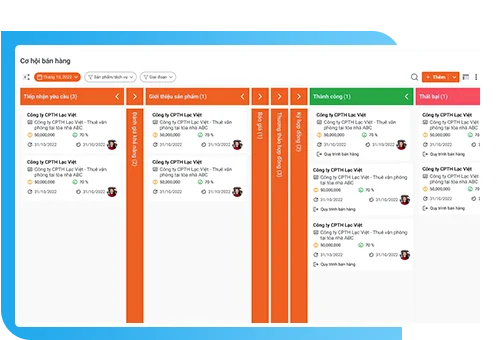
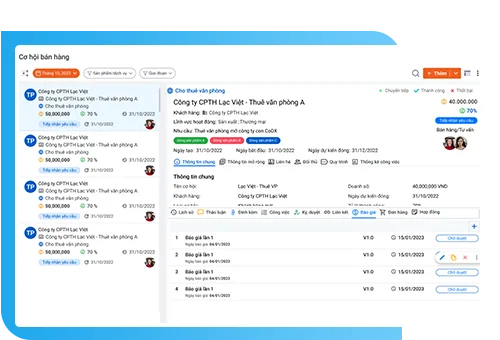
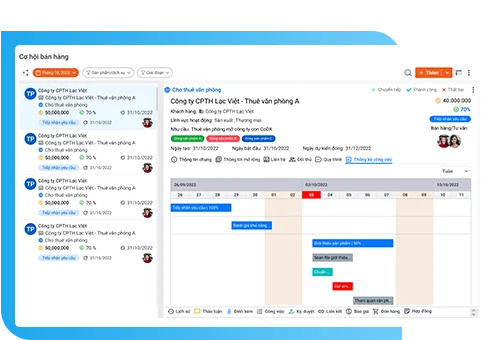
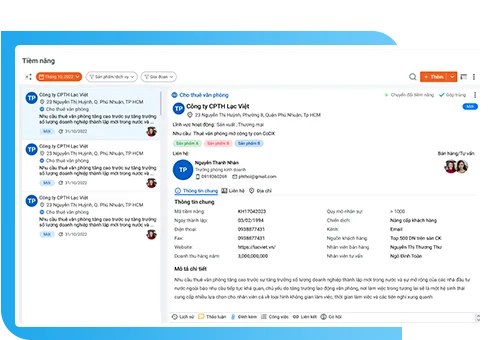
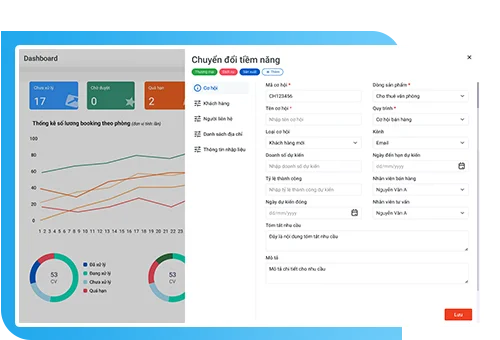
Data mining service or application
Data analytics system - Making data the central hub for management anytime, anywhere
Reporting, statistics, customer data analysis, HR, revenue, profit, inventory, medical supplies, medicine... tracking operational effectiveness.
Utilizing artificial intelligence applications such as Big Data, Deep Learning to mine digital data
Predicting disease risks, proposing preventive measures, supporting differential diagnosis, and suggesting treatment protocols. Searching for and developing new drugs, optimizing the research process.
Transforming data into valuable assets that can be inherited.
Specialized technology devices and solutions system
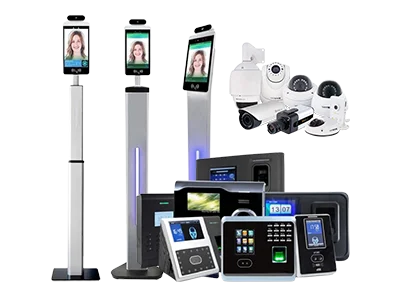
Security Camera systems, DVR/NVR, motion sensor.
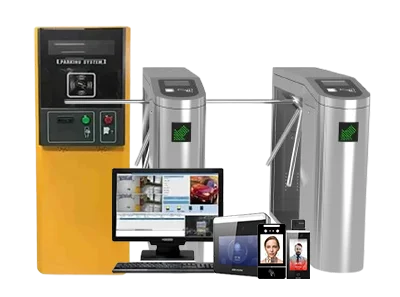
Card reader, facial recognition device, turnstile.
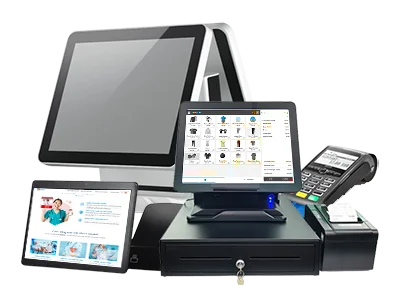
POS device, card reader machine, invoice printer
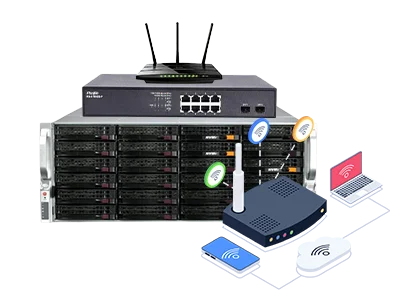
WiFi router, WiFi access point
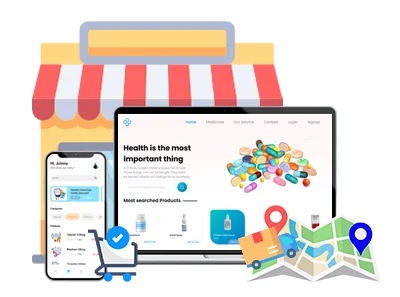
Mobile application, web ordering, GPS tracking system
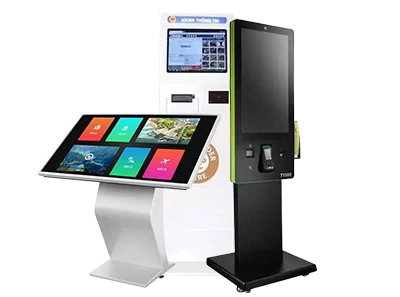
Touchscreen display, invoice printer, card reader machine
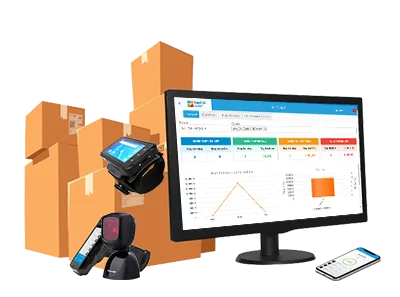
Barcode scanner, the computer, the system LED lights guide.
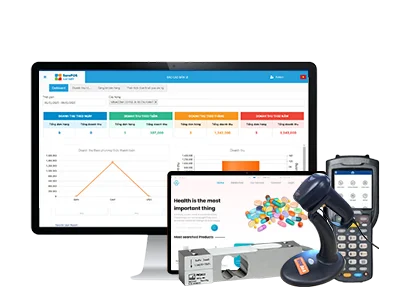
Weight sensor, barcode scanner, computer system

Temperature sensor, humidity sensor, light sensor, measuring device
IT services & equipment - Infrastructure & platform software
Challenges, opportunities & trends in healthcare industry
The aging population: According to WHO, by 2050, the number of people over 65 years old will double, reaching 1.5 billion. The demand for healthcare services, medical equipment, and pharmaceuticals will increase significantly.
Artificial intelligence (AI) and machine learning (ML) are applied in disease diagnosis, drug development, and health monitoring.Precision medicine is utilized to treat diseases more effectively.
The demand for the health workers, including doctors, nurses, and caregivers, is expected to increase in the coming years. The issue inequality in access to health services persists in many countries. Rising healthcare costs pose a major challenge to healthcare systems worldwide.
Vietnam currently has over 1,300 hospitals, with more than 120,000 beds and the number of doctors >110.000 resulting in a ratio of 8.3 doctors per 10,000 people (according to the Ministry of Health). According to the General Statistics Officethe average life expectancy of Vietnamese people is 73,6 years.
The whole world is undergoing a digital transformation. It's time for businesses to proactively adapt to the trend, seize opportunities, and overcome challenges.
Depending on the actual situation, we will advise businesses on selecting applications based on the digital transformation model that aligns with the strategy they need to implement, their readiness level, and the maturity of enterprise management in the proposed model.
Artificial intelligence applications needed in the converted number of hospitals and the Medical industry
Lac Viet and its partners have been, are, and will continue to apply artificial intelligence to accelerate rapid digital, green, and sustainable transformation.
IoT (Internet of Things)
Robotics: Assisting in surgery and performing precise medical procedures. Virtual Reality: Virtual reality glasses, virtual reality headphones... supporting functional recovery, reducing pain. Remote Patient Monitoring: Monitoring health remotely and detecting abnormalities early.
Machine Learning
Predicting disease risks, proposing preventive measures, supporting differential diagnosis, and suggesting treatment protocols. Searching for and developing new drugs, optimizing the research process.
Artificial intelligence applications are essential to the digital transformation of hospitals and the healthcare industry
Lac Viet and its partners have been, are, and will continue to apply artificial intelligence to accelerate rapid digital, green, and sustainable transformation.
Drones
Unmanned aerial vehicles, or drone systems, assist in transporting special supplies (such as organs or blood).
Big Data Analytics
Processing medical data from medical records and health reports, supporting clinical decision-making. Personalized medicine entails treating diseases based on the genetic and genomic characteristics of each individual.
Natural Language Processing (NLP)
Chatbot systems and virtual assistants assist in answering questions, scheduling appointments, providing health advice, supporting patients in managing their health, tracking medical history, and reminding them to take medication.
Collaborate to bring innovation to every industry
Years of Growth
Softwares
IT services
Customers
Users

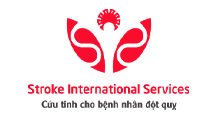
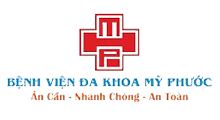
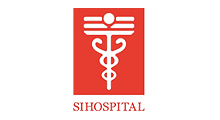
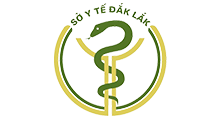
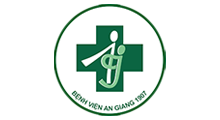


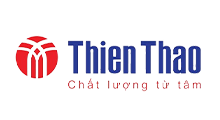
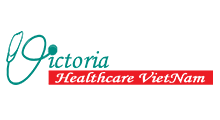

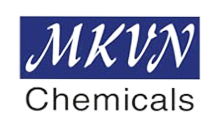
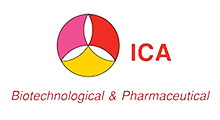


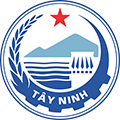

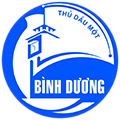
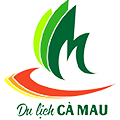

Reviews of our customers



